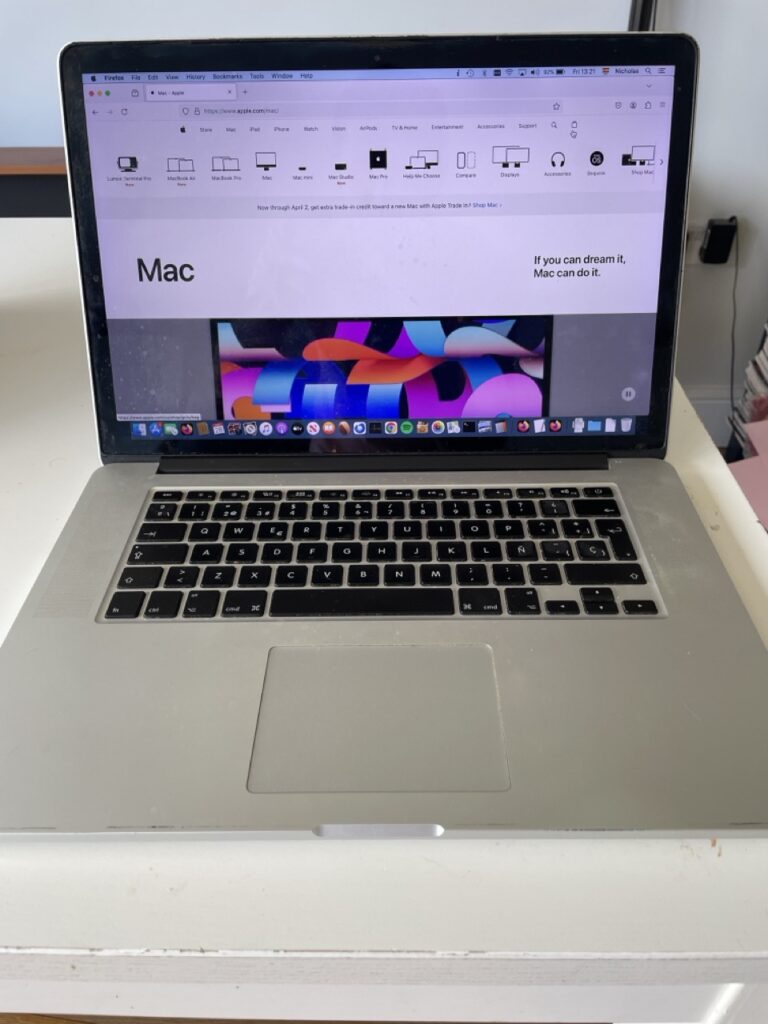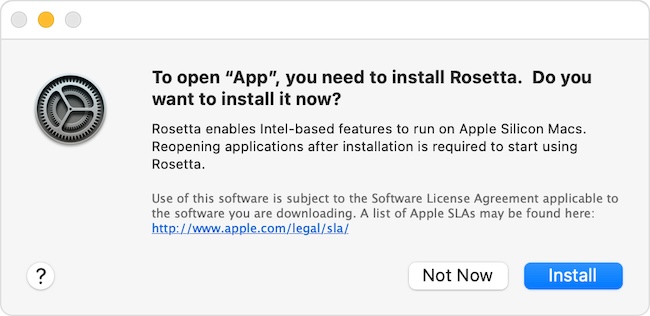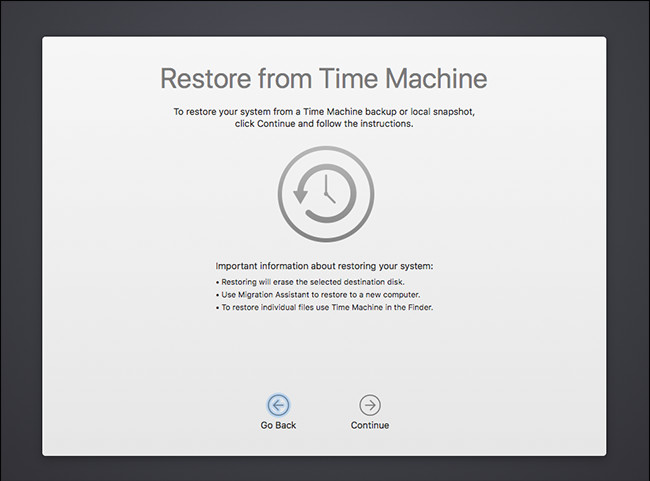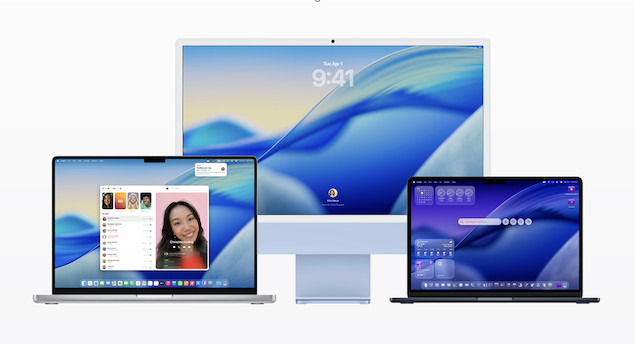Apple’s upcoming macOS 26 Tahoe will finally drop to the public this Fall and will introduce significant changes that could render certain hardware and software configurations obsolete.
The biggest impact will be for Intel Mac users many of which will not be able to upgrade to anything beyond Tahoe but also because Rosetta is expected to be phased out.
Here’s a breakdown of what to expect and what might be affected.
1. Intel-Based Macs Reach Their Final Update

macOS 26 will be the last major update for Intel-based Macs. While these devices will continue to receive critical security updates for a limited time, they won’t benefit from new features introduced in macOS Tahoe.
This marks the end of support for Intel Macs, as Apple shifts its focus entirely to Apple Silicon.
Does this mean Intel Macs are no longer worth buying? Actually, we still think Intel Macs are worth it although only for certain uses.
2. Discontinuation of Rosetta 2

Rosetta 2, Apple’s translation layer that allows Intel-based applications to run on Apple Silicon Macs, is expected to be phased out.
This means that future applications optimized for Apple Silicon may not run on Intel Macs, further pushing users toward upgrading their hardware.
3. Limited Support for M1 Macs
While M1 Macs will still receive macOS 26, they might miss out on some of the latest features.
Apple may start limiting certain advanced functionalities, such as Apple Intelligence features, to newer models with more RAM and processing power.
This could lead to a gradual obsolescence of M1 Macs in terms of accessing cutting-edge capabilities.
4. End of Time Machine Support via AirPort Extreme

With the discontinuation of AirPort Extreme, Time Machine backups over the network will no longer be supported.
Users relying on this method will need to find alternative backup solutions, such as using third-party NAS devices or external SSD drives for backups.
5. Deprecation of Legacy File Sharing Protocols
Apple is moving away from older file-sharing protocols like AFP and SMBv1.
Devices and applications that rely on these outdated protocols may experience compatibility issues, prompting users to update or replace their hardware and software to maintain seamless file sharing.
Apart from the aforementioned Time Machine va AirPort Extreme, some of the devices and systems at risk are:
- Legacy NAS devices such as drives from Synology, QNAP, Drobo, Buffalo, and Netgear
- Old Windows servers such as Windows Server 2003, 2008, or some 2012 setups
- Multi-Function Printers & Scanners including some all-on-printers, document scanners and photo scanners
- Media Servers & Streaming Apps such as Plex, Kodi, and Emby connected to NAS devices.
- Embedded Devices & IoT Storage including security cameras, DVRs and IoT devices.
As you can see, macOS 26 Tahoe will be quite a pivotal shift the history of macOS, emphasizing the transition to Apple Silicon and the discontinuation of older technologies.
Users with Intel Macs will certainly have to upgrade sooner or later and those using legacy hardware and software may need to consider upgrading to ensure continued access to new features and maintain compatibility with future software updates.


